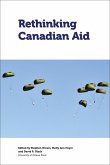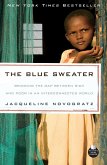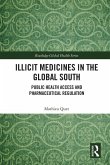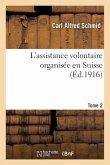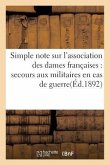The book traces the agrarian movement's evolution from the 1970s through four distinctive phases or dynamics: self-management, reclamation, resistance and self-determination. In the first, peasants fight predominantly for the land through colonization of public lands and occupation of land belonging to major property owners. In the second phase, peasants mobilize to claim public investment in agricultural life and production. The third phase of the peasant struggle is legal resistance and intra-territorial movements due to paramilitary violence. The last one corresponds to the current fight against extractivism and towards territorial autonomy. The study is based principally on the histories of the National Peasant Association (ANUC), established in 1967, of the Southern Bolivar Agricultural-Mining Federation (FEDEAGROMISBOL), established in 1985, and of the National Agrarian Coordination (NAC), established in 1997. These organizations include peasants, who are small and medium owners whose properties are not fully legalized while they farm the land in precarious conditions. This book is published in French. - Ce livre retrace l'évolution du mouvement agraire depuis les années 1970 en dégageant quatre phases ou dynamiques distinctes: autogestion, réclamation, résistance et autodétermination. Dans la première, les paysans luttent principalement pour la terre à travers la colonisation des terres publiques et l'occupation des terres de grands propriétaires. Dans la deuxième, ils se mobilisent pour revendiquer des investissements publics dans la vie et la production agricole. La troisième phase de la lutte paysanne correspond à la résistance juridique et aux déplacements intraterritoriaux devant la violence paramilitaire. Finalement, la quatrième phase correspond à la lutte actuelle contre l'extractivisme et pour l'autonomie territoriale. L'étude se base principalement sur l'histoire de l'Association nationale des paysans de la Colombie (ANUC), fondée en 1967, de la Fédération des paysans et des mineurs artisanaux du sud de Bolivar (FEDEAGROMISBOL), fondée en 1985, et de la Coordination nationale agraire (CNA), fondée en 1997. Ces organisations regroupent des paysans, petits et moyens propriétaires, dont la propriété n'est pas complètement légalisée et qui exploitent la terre dans des conditions précaires. Ce livre est publié en français.
Hinweis: Dieser Artikel kann nur an eine deutsche Lieferadresse ausgeliefert werden.
Hinweis: Dieser Artikel kann nur an eine deutsche Lieferadresse ausgeliefert werden.



